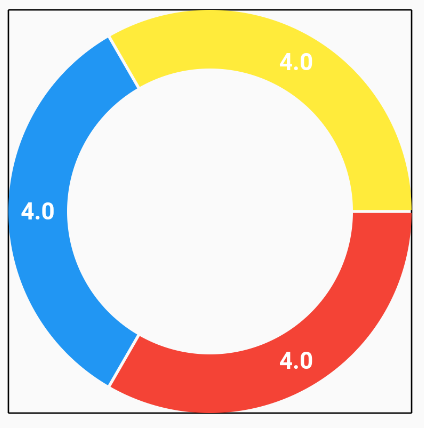Thinking Thought
- Joseph Muller III

- Aug 31, 2019
- 4 min read
Purpose is a logic driven concept, one that can only be grasped by an entity with the potential to understand nebulous abstractions like reason and meaning. In simple terms, purpose is the “why” behind the “what” and it deals with questions that exist outside the plane of physical material. Objects in and of themselves are not concerned with the “why”. A rock in the middle of the desert does not care, nor have the capacity to care, about why it is destined to bake in a spotlight of solar radiation until the sun burns out. This goes for all things that have no means of deliberately responding to their environments – rocks, water droplets, the metal carcass of an old car. No, these things exist in a realm that is indifferent to any underlying, supernatural force…or so it seems.
Above these inanimate space-fillers, there are the creatures that can deliberately respond to their environments, injecting intention into their actions while still being unaware of the purpose-oriented “why”. I make this disclaimer because acting with intent suggests the presence of a “why”, but in the case of animals and plants the “why” deals exclusively with the interaction between “whats”. It is a primal, instinctually “why”. Hide here so you are not torn apart by the stalking predator. Navigate to the river so you can drink and stay hydrated. Grow towards the light to maximize your energy intake. These behaviors are curious, though. While not directly purpose-driven, they are adventitiously necessary for the discovery of the purpose I have been referencing in my previous posts. How does rabbit know that escaping the coyote is preferable to embracing it’s gory demise? I think this is one of the most formidable pieces of the argument that purpose exists. The natural world, in all of its mysterious and gargantuan glory, has consistently integrated survival into it’s design. Can we then rely on the superior intelligence of the universe to claim that real purpose is credible? In other words, we exist now because there is a force in the universe around us that has been attempting to stay alive since it originated. To claim there is no purpose would mean to maniacly value our limited intelligence over that of the machine that we are a part of…I’m off on a bit of a tangent.
Returning to the arc of this post, it takes a particular awareness of mind to even consider purpose and humans seem to be the only thing we know of that have this awareness. Less than that, purpose is driven by logic which is a product of mental exercise and so…maximizing our ability to pursue this purpose means maximizing our ability to think, mull, mentally wrestle with ideas and master logical constructions. It does not matter so much what our physical capabilities are, but rather how our physical bodies support our aptitude for thought.
Nonetheless, we cannot ignore the fact that we are physical beings that exist in the world of “whats”. I’d like to establish now that purpose cannot be uncovered in the tangible alone meerly because analysis of the tangible requires a critical outside perspective. A perspective that can evaluate things, make comparisons, form ideas about what is observed. In that case, maybe purpose can exist among physical objects but it can never be known without a conscious third party. Our minds then, act as a portal through which we can explore the wasteland of “whys” and annotate the interactions of objects around us. It is the vessel that gives those interactions any importance at all. What we then have to hope is that the ability to think was not an accidental development. If it was, well maybe we’re adding flavor to a meal designed for beings without tastebuds…or something like that.
If it wasn’t an accident though, the ability to think is the greatest gift we could have received and likewise our only tool for discovering a greater purpose. I’d ask you to THINK about how you would pursue purpose without the ability to THINK but that would be a fruitless drill.
So how do we maximize our ability to think?
Increase the amount of time we have available to think
Increase free time relative to working time
Extend our lifespans
Improve our ability to formulate thoughts
Improve language mastery
Improve argument formation/thought connection
Increase the pool of mental resources we can pull from (expand our perspectives and improve our memory retention rates)
Reduce repetitive thinking/back tracking
Remain motivated to think
Optimization of these components is essential to reaching the furthest conclusion you can possibly reach, for reaching the deepest depths of the philosophical rabbit hole. In its purest form, it is simply a calculation of effective rate x time. Of course, there is a dynamic and vivacious interplay between all of these components that I am not fully considering now but the point is that optimizing one will not produce as significant results as if you had optimized 2 or 3 or 5 of them. I’m sure there are other factors I have overlooked too and I will add them as I think of them but this list is a sufficient launching point. Next, I will elaborate on each of these items (and link each post to the related bullet point).



Comments